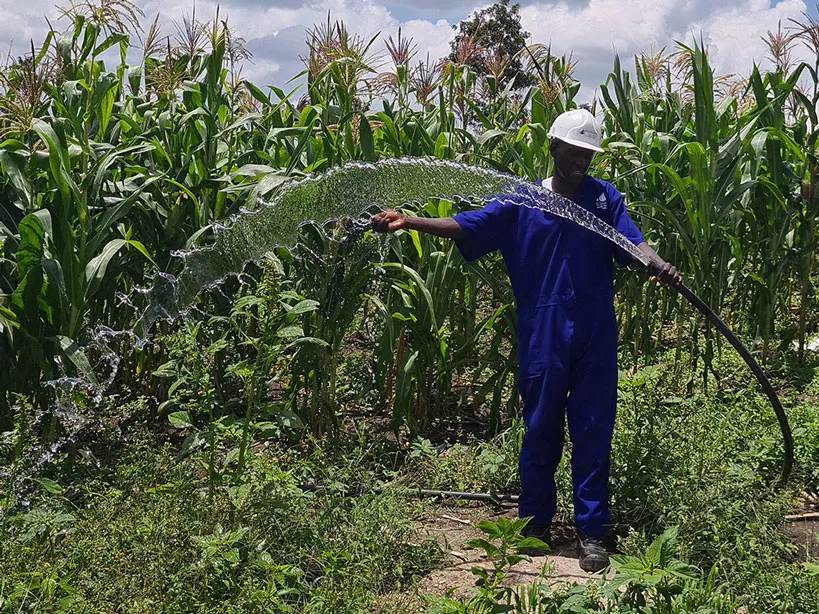August coffee exports set new 838,000 bags record

Dried coffee beans ready for export.
Uganda’s coffee industry soared to new heights in August 2024, earning UGX820 billion from exports, a testament to the country’s increasing prominence in the global coffee market.
According to the Uganda Coffee Development Authority (UCDA), Uganda exported 837,915 bags of coffee worth US$ 221.63 million (about UGX 831 billion), marking the highest number of bags and earnings recorded in a single month.
Emanuel Iyamulyeme, the UCDA Executive Director, emphasized the significance of this milestone: “This is the highest number of bags to be exported in a single month, and it’s also the highest earnings recorded. If exporters continue to release stocks, I project these figures will continue increasing,” he said.
- The August export volume also surpassed the previous year’s figures, reinforcing Uganda’s position as a leading coffee exporter in Africa.
However, for exporters like Harbert Magyezi, these impressive figures come alongside substantial obstacles. As one of Uganda’s prominent coffee exporters, Magyezi is navigating fluctuating global coffee prices, high production costs, and limited access to financing, while contributing to the country's remarkable growth in coffee exports.
The coffee market is notoriously unstable, with prices shifting due to unpredictable factors such as weather changes, economic conditions, and market demand. Magyezi points out that this volatility makes long-term planning a challenge.
- “Global prices can change overnight, making it difficult for us to guarantee stable incomes,” he explains. The unpredictability of international coffee prices forces exporters to tread carefully, balancing the risks of holding onto stock or releasing it quickly to take advantage of favorable prices.
Magyezi explains that the prices of fertilizers, labor, and transportation are climbing, squeezing profit margins for both farmers and exporters. “When production costs increase, our profits shrink. We’ve tried to support farmers by sourcing affordable inputs, but the costs are still prohibitive,” Magyezi notes.
Like many other exporters, Magyezi struggles with securing affordable financing. The agriculture sector, especially coffee, is viewed as risky by financial institutions, leaving exporters with limited options for credit. “We need affordable loans to grow our businesses, but many banks are reluctant to lend to us. Without proper financing, expanding operations to meet growing demand becomes extremely difficult,” Magyezi explains.
This financing gap stifles growth potential for many exporters, even as the global demand for Ugandan coffee continues to rise.
Despite these challenges, Uganda’s coffee sector is showing resilience and growth. From September 2023 to August 2024, Uganda exported a total of about 6.4 million bags, generating US$ 1.35 billion in revenue. This marked a 5.25% increase in volume and an impressive 46.96% rise in value compared to the previous year.
- Iyamulyeme attributes this growth to higher global demand for quality coffee, improved market access, and exporters like Magyezi continuing to contribute to the export volumes.
- The UCDA report of August 2024 indicates that Europe remains the top destination for Uganda’s coffee, accounting for 73% of exports in August 2024, while the African market share slightly decreased to 12%.
This puts the ongoing establishment of a coffee traceability system as per the European Union Deforestation-free Regulations (EUDR) into sharp focus in order to protect Uganda’s coffee exports to the European Union, ahead of the the January 1, 2025 deadline.
Aimed at protecting forests in coffee-growing countries, the system must register all the coffee value chain players including nursery bed operators, farmers, processors and exporters and farmers to ensure that Uganda is compliant with the EU regulations or risk a ban on Ugandan coffee.
Stakeholders are desperate to ensure compliance as a decline in coffee exports would severely affect the country's economy.




.JPG)

































